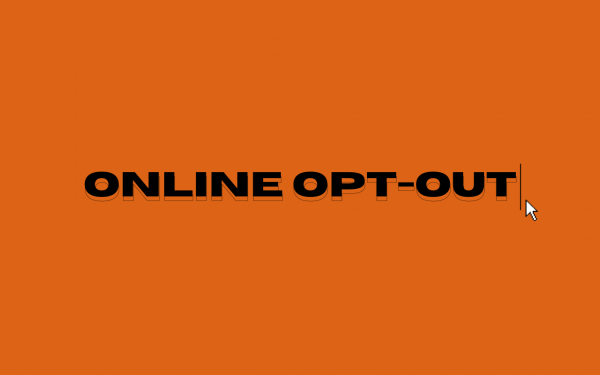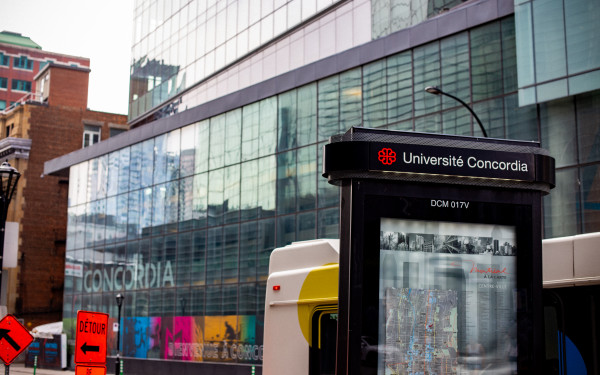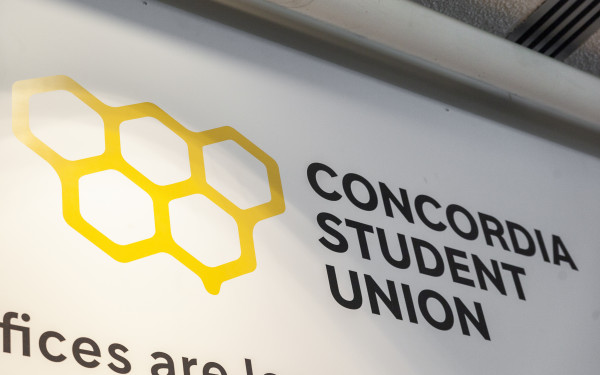Betting on Ballots
Profiting from politics used to be a realm reserved for the crooked and immoral. Now, making a little money from elections is being brought to the masses.
If you want to know whether now is the time to do some shopping south of the border or whether holding on to your loonies might yield a higher return if you wait a few extra months, well, Intrade.com is predicting a 12.2 per cent chance that the American economy will go into a recession during 2010.
f you’re all excited about the movement to legalize marijuana in California and you want to know what to expect, you’re out of luck. However according to Intrade, the market predicts that Proposition 19 is unlikely to pass.
In fact, if you take a quick look at Intrade on any given day, you will have a pretty good idea of the likelihood of certain events occurring in American politics.
If you felt the need to be financially, as well as emotionally, invested in the recent Congressional elections, it was as simple as plunking down $88.40 on the Republicans and hoping for the best.
Betting on beliefs
Some are taking this prediction tool to a new level. In his 2000 essay “Vote Values, But Bet Beliefs,” Robin Hanson, professor of economics at George Mason University, lauded “futarchy” as a new tool for effective government. He proposed “a form of government where elected officials would measure issues of national welfare,” based on the prediction markets offered by Intrade.com.
Futarchy is defined as a system where “elected officials define measures of national welfare and prediction markets are used to determine which policies will have the most positive effect.”
“In ‘futarchy,’ we would vote on values, but bet on beliefs. Elected representatives would formally define and manage an after-the-fact measurement of national welfare, while market speculators would say which policies they expect to raise national welfare,” Hanson argued.
Proponents of futarchy describe it as a form of government enhanced by prediction markets like Intrade, selling it as a kind of giant, market-based government legislature. The idea originated in the 1975 science fiction novel The Shockwave Rider, but in the past 10 years academia has started taking it seriously.
“If we can measure how rich nations are, we can use such measurements to settle bets. This is good because betting markets, and speculative markets more generally, seem to do very well at aggregating information,” said Hanson.
Arguing that prediction markets help eliminate the risk of people taking advice from the uninformed and losing their hard earned money, Hanson made the point that in futarchy, “To have a say in a speculative market, you have to ‘put your money where your mouth is.’” Those who know they are not relevant experts shut up, and those who do not know this eventually lose their money, and then shut up.
“Speculative markets in essence offer to pay anyone who sees a bias in current market prices to come and correct that bias.”
Eerily accurate
“Prediction markets can be spookily accurate,” said Ivan Nonveiller, a commodity trader, financial analyst and prediction market blogger based in Montreal. Prediction markets were championed in James Surowiecki’s 2004 book The Wisdom of Crowds, and Cass Sunstein’s 2006 novel Infotopia, which suggest that they are the most accurate way to predict political and economic events because they force people to be realistic and rely on the consensus of a large number of individuals, rather than a single, potentially misinformed source.
Intrade predicted weekend box-office takes as well as military and financial trends with amazing accuracy, said Nonveiller. He noted that when Barack Obama took a lead in the 2008 Democratic primaries, Scientific American published a story about prediction markets on the electronic Oracle. Subsequently, Wired and The New York Times both wrote lengthy articles on the subject.
“A prediction market like Intrade is a futures exchange market that lists events instead of securities,” said Nonveiller. “Aggregations of public perceptions from a large crowd of people create a price that equals the probability of the event occurring.”
This means that when people buy or sell a contract on a site like Intrade at $60, they believe that this event has a 60 per cent chance of happening. Most trades are related to pop culture, sports, politics, weather, movie box-office results and new product sales.
In the early months of 2007, leading economists at the Wharton School of Business found that Intrade.com had a margin of error of 1 per cent to 1.5 per cent, which is half the margin of the widely-used Gallup Poll.
“The Wisdom of Crowds argues that the aggregation of information in groups results in decisions that are often better than could have been made by any single member of the group,” said Nonveiller.
He added that when events are predicted by people who stand to lose money if they are wrong, they tend to reflect what people actually expect to happen rather than what they hope will happen.
“Prediction markets use the ‘wisdom of crowds’ by allowing the population to bet on a large range of important issues and the government,” said Nonveiller.
Futarchy takes this idea further and suggests that the government adjust its policy based on the results of these predictions, he continued.
Another version of a similar concept was put forth by Michael B. Abramowicz, a law professor at George Washington University who published the book Predictocracy: Market Mechanisms for Public and Private Decision Making in January 2008. According to Nonveiller, the book “advocates some very fine-grained uses of prediction markets for public legislation.”
Although he maintains that prediction market analysis has been employed by American universities for roughly 20 years and continues to be used as a strategic tool by large corporations like Google, Microsoft, Starwood, HP, GE and MGM, Nonveiller said that the phenomenon was still largely unknown to the general public until the beginning of the American presidential election in 2007.
“The Wall Street Journal, CNN and the National Journal have all began running their own trading sites,” he said. “CNN, FOX and CNBC all held daily debates on the subject.”
Later on, the academic, peer-reviewed Journal of Prediction Markets was created and The New York Times named futarchy a buzzword of 2008.
While analysts such as Nonveiller see prediction markets as a potential tool for market research and perhaps an interesting tool for creating government policy, others see futarchy as a chance to make a profit from the ups and downs of potentially questionable trends in American media.
“Savvy professionals with an interest in politics are starting to realize that political betting can earn some extra money on the side,” said Montreal resident Pierre Bilodeau, who has placed bets on such topics as the building of a mosque at ground zero and whether Rev. Terry Jones would actually burn Qur’ans. Bilodeau is not concerned with the ethics of profiting from the outcome of controversial events.
“I bet on events because I expect them to happen, not because I want them to happen,” said Bilodeau. “It forces you to think realistically about politics, the economy and world events.”
The world of tomorrow, today
As the wisdom of crowds continues to prove effective, the only question that remains is whether it is ethical to look at politics and social issues the same way a gambler looks at a game of cards.
While opinions differ in that regard, many have begun to see Intrade as a potential source of revenue. Politicians and policy makers are starting to see it as a valuable tool in predicting the probable outcome of events such as elections and media trends.
Whether that trend will continue is something you may want to place a bet on.
This article originally appeared in Volume 31, Issue 13, published November 9, 2010.

__900_538_90.jpg)




